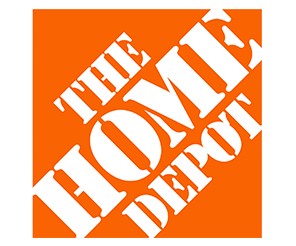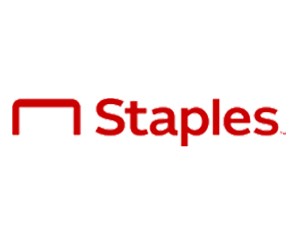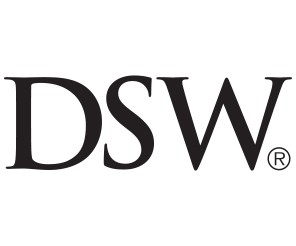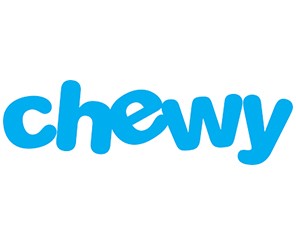US Markets Loading...
h
m
s
Tesla reveals what its Uber-like robotaxi app would look like
Elon Musk's Tesla is emphasizing its self-driving and robotaxi businesses as EV demand softens. The service would live inside the Tesla app.
The American Kennel Club's pedophile problem
As high-profile cases involving the sexual abuse and assault of children rock the world of dog shows, some say the AKC isn't doing enough.
Mark Zuckerberg finally spilled the beans about his new chain necklace look
Mark Zuckerberg's been in the spotlight recently thanks to his chain necklace. The Meta CEO finally revealed the reason for the new fashion look.
Costco shoppers are finding it's harder to sell gold than to buy it
Gold bars have been flying off the shelves at Costco, but some buyers are discovering that selling them on is complicated, The Wall Street Journal reported.
Video
New Episodes This Week
I had a 'power lunch' at Cecconi's, where Hollywood diners frequently forget their Gucci bags and iPads. Here's what it was like.
Cecconi's is considered one of the most iconic power lunch spots in Los Angeles. But the food didn't live up to its legacy.
I've lost 73 pounds in 10 months. Here are 10 products from Costco that help me keep the weight off.
Some Costco products that helped me maintain my 73-pound weight loss include the Kirkland Signature organic hummus and Foppen Norwegian smoked salmon.
My first time driving the Tesla Cybertruck went haywire. A Ford dealership rescued me.
I spent three days with Tesla's Cybertruck. Some foolish oversight and a silly design flaw almost left me up a creek without a charge.
I moved from Florida to southern Portugal. The weather is better, and the culture is amazing.
Andrew Ibrahim was tired of Florida, and worried about what it was turning into. So he decided to leave for the Algarve region in Portugal.





